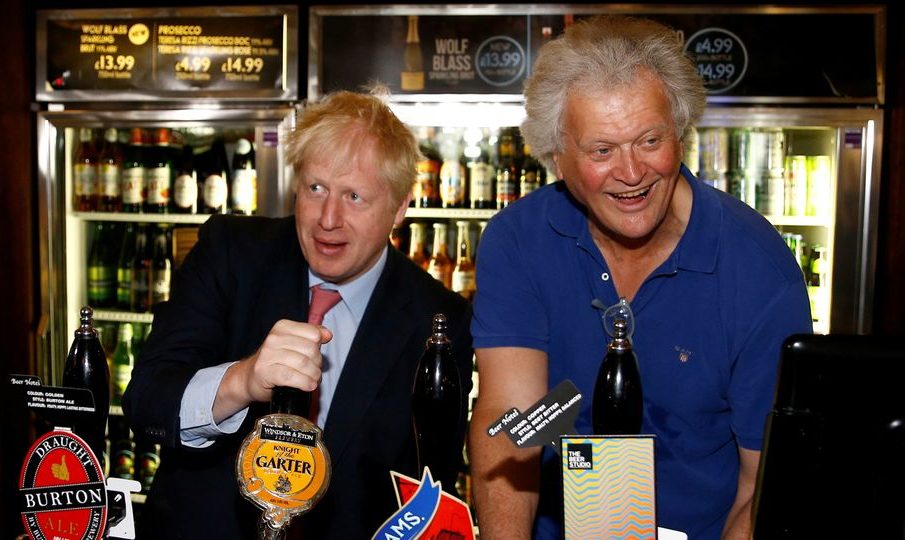The Influence of Tim Martin in the UK Pub Industry

Introduction
Tim Martin, the founder and chairman of the popular pub chain Wetherspoon, has been a prominent figure in the UK hospitality industry. His influence extends beyond business as he frequently voices his opinions on political and economic issues, particularly Brexit. Understanding his views and their impact is essential to grasping the current landscape of the UK pub industry.
Background of Tim Martin
Tim Martin established Wetherspoon in 1979, which has grown from a single pub in Muswell Hill to over 900 establishments across the UK and Ireland. Known for their competitive pricing and extensive drink offerings, Wetherspoon has revolutionised the pub experience. Martin’s hands-on approach and unique business philosophy have made him a respected, albeit controversial, figure in the sector.
Martin’s Views on Brexit
As a prominent advocate for Brexit, Tim Martin has been vocal about his belief that leaving the EU would benefit the UK economy. He argues that Brexit has allowed the UK to regain control over immigration policies and regulations, particularly in sectors like hospitality. Despite facing criticism from some adversaries who believe Brexit will harm the sector, Martin maintains a steadfast belief that it will bolster local businesses and reduce bureaucratic obstacles.
Recent Developments
In light of the ongoing challenges posed by inflated costs and staff shortages in the hospitality sector, Martin has called for government support. His recent comments during various interviews have highlighted the need for a focused approach to tackle these issues, emphasizing his commitment to the wellbeing of the industry and his employees. He insists that the government must do more to assist businesses as they navigate these turbulent times.
Future Outlook
Despite the challenges that Wetherspoon and the hospitality industry face, Tim Martin’s approach has typically been characterized by adaptability and resilience. Industry experts suggest that his willingness to innovate and respond quickly to market changes will serve him well in the coming years. With ongoing changes in consumer behaviour post-pandemic and the ever-evolving economic landscape, the strategies he employs may well set a precedent for the industry as a whole.
Conclusion
Tim Martin’s role in the UK pub industry showcases the intersection of business acumen and political activism. His dedication to Wetherspoon and the wider hospitality sector reveals much about the challenges and opportunities present in contemporary Britain. As UK consumers continue to navigate a changing landscape, Martin’s influence will undoubtedly remain significant.









